#Jakob Böhme
Explore tagged Tumblr posts
Text
The soul, like the moon, is never lost—only shadowed.
Jakob Böhme | 1575-1624
#magick#jacob boehme#literature#occult#snake#magic#hermeticism#kabbalah#esoteric#mysticism#mystic#literary#quotes#words#words words words#books and reading#lit#dark academia#philosophy#german philosophy#jakob böhme#dark academia aesthetic#on magic#philosopher#on desire#moon#poem#poetry#musings
63 notes
·
View notes
Text
Desire is the pivot between Light and Darkness.
— JAKOB BÖHME ⚜️ Genius of the Transcendent: Mystical Writings of Jakob Boehme, transl. by Michael L. Birkel & Jeff Bach, (2010)
#German#Jakob Böhme#Genius of the Transcendent#Mystical Writings of Jakob Boehme#Michael L. Birkel#Jeff Bach#(2010)
51 notes
·
View notes
Text
'Nature speaks in its own tongue.'
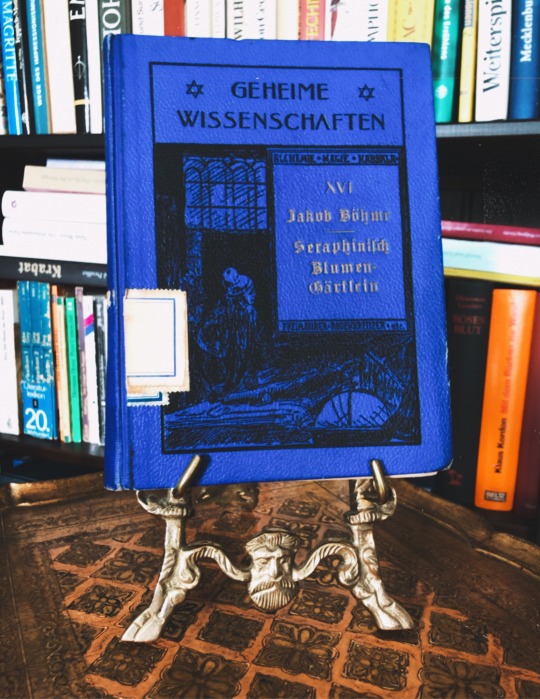
From the book series Secret Sciences - A collection of older and newer writings on alchemy, magic, Kabbalah, Rosicrucianism, Freemasonry, witches and devils Published by A . v. Linden in 1918 after the Amstadam original edition of 1700. 16th volume: Seraphinic Flower-Garden, selections from the mystical-religious writings of Jakob Böhme.
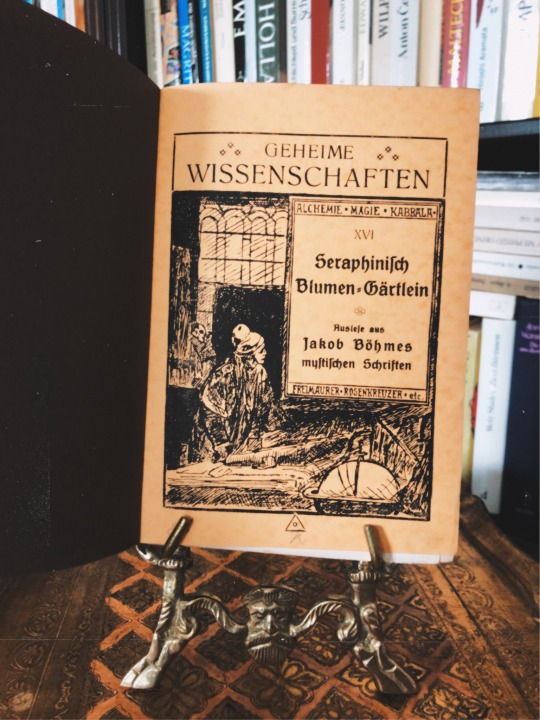
'Magia is the Book of all students.'
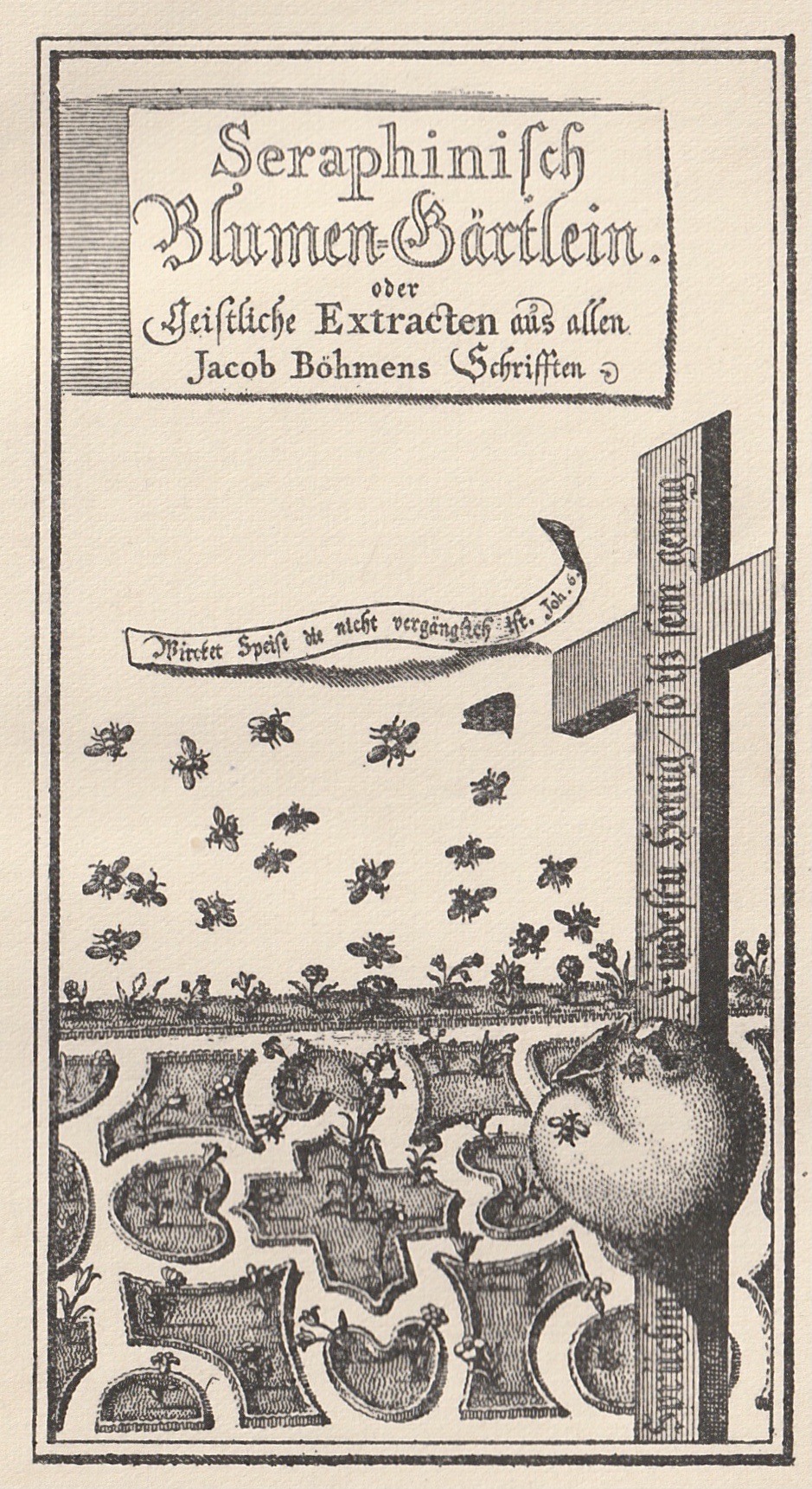
Mysticism should not only be interpreted as a significant phenomenon of intellectual and religious history, but as the awakening of the religious feeling concerning nature. Perhaps certain symbolic interpretations have receded into the background of our rationally calculated world, since everything that cannot be empirically proven is dismissed as a phantasm. But if the human being separates himself from his collective deep consciousness, he lacks a decisive possibility to (re-)connect with deep collective consciousness. Mysticism has the aim to deepen the soul for religion and art, a poignant love unparalleled in the world/s of appearances. Dwelling in a cosmic strive for connecting with God and the Divine Energy, without the profanity of manifestation in images, but in a astonishing cognitive emotionality. Through the art of inner liturgy it can be possible to trace the ontological search for the human’s home. The eternal questions, like fixed stars above the head of the dust born, have been no less relevant since the first question, and yet have not come closer to the truth, which is always in progress and false, when decorated as stored and captured. And don't we notice with every achievement how our collected knowledge is revised in the cosmic expanses? That we are almost forced to think outside the box and to regard regularity in chaos as an illusion? The cosmic rift is not only dividing humanity from the cosmos, it divided man from himself and thus also human beings from each other. In the centre of revelation, which is common in all mystic practices: learning and learning to know the self, in order to understand more.
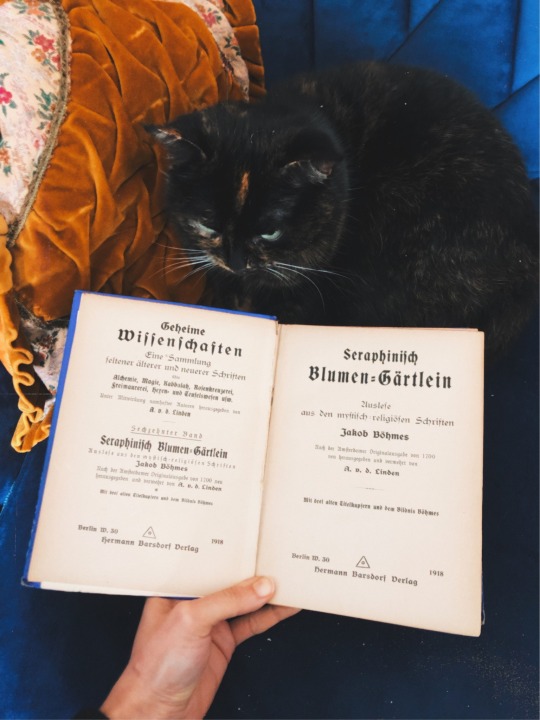

’Be sober, watch, fast and pray that you may deafen earthly reason and make it dead at once, that God's Spirit may take place in you! When he appears, he soon overcomes earthly reason and looks at the will in fear with its love and sweetness, since then always a beautiful twig is born out of the tree of faith, and serves all tribulations and temptations for the very best of the children of God.’
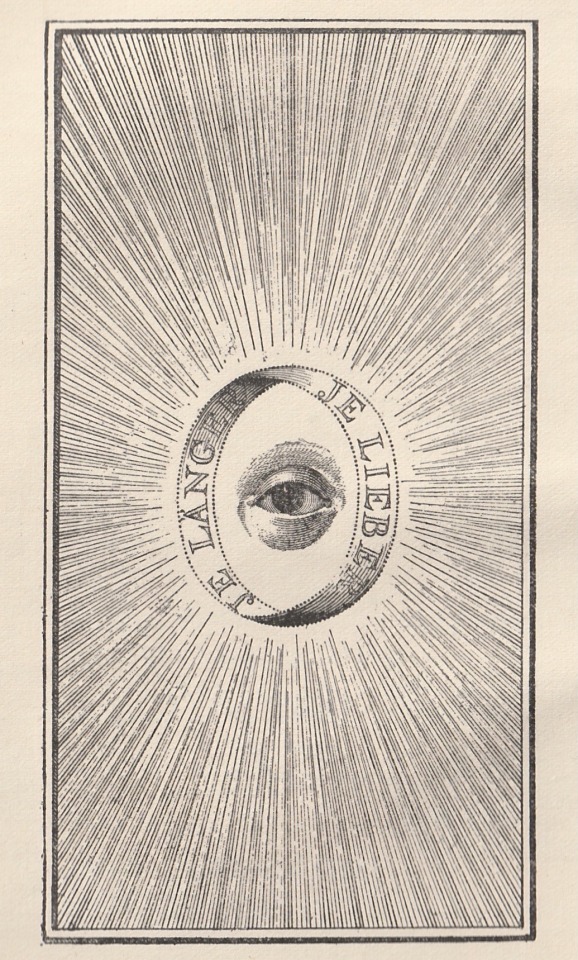
'Man comes to know the Creator in contemplation of himself.'
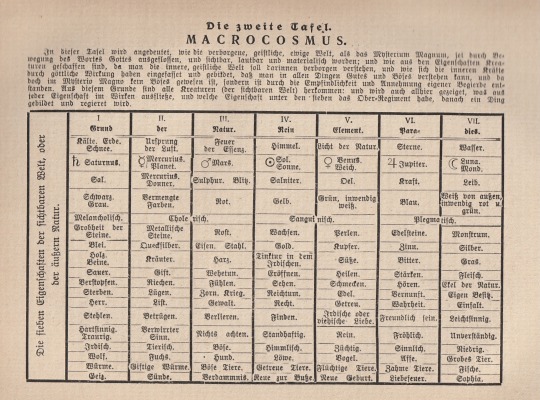
#mystical literature#german mystics#antiquarian book#literature#Jakob Böhme#cosmic religion#mysticism#metaphysical studies
20 notes
·
View notes
Text
De tu luz surge la misma fuerza, razón, entendimiento, habilidad y sabiduría, para gobernar todo el cuerpo y distinguir todo lo que está externamente fuera del cuerpo. Y ambas son una sola en el gobierno de tu mente, es decir, tu espíritu, que significa Dios el Espíritu Santo. Y el Espíritu Santo de Dios gobierna en este espíritu en ti, si eres un hijo de la luz y no de las tinieblas. Ahora bien, observad: en la madera, la piedra o las hierbas hay tres cosas contenidas, y nada puede generarse o crecer si falta una de las tres. En primer lugar, está el poder, del que se forma un cuerpo, ya sea madera, piedra o hierbas; después, en esa “cosa” hay una savia que es el corazón de la cosa. Y en tercer lugar, hay en ella un poder que brota y fluye, un olor o un gusto, que es el espíritu de la cosa por el que crece y se incrementa. Ahora bien, si alguna de estas tres falla, la cosa no puede subsistir. - Jakob Böhme
0 notes
Text
"El Misterioso Mundo de Angelus Silesius: El Poeta que Encontró a Dios en una Rosa"
#- conversión al catolicismo#Angelus Silesius#Der Cherubinische Wandersmann#epigramas religiosos#filosofía panteísta#Heilige Seelenlust#Jakob Böhme#Meister Eckhart#misticismo barroco#poesía mística#teología.#Unión con Dios
0 notes
Photo
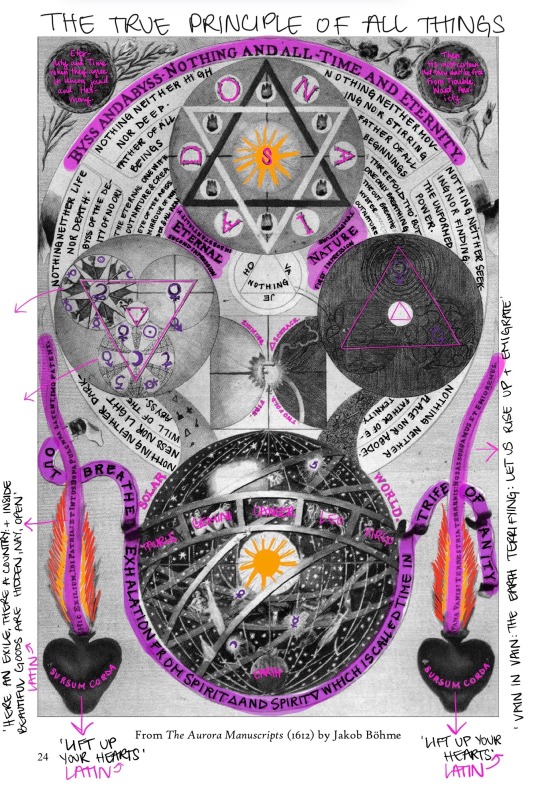
OKAY, here’s what I’ve done so far!!!
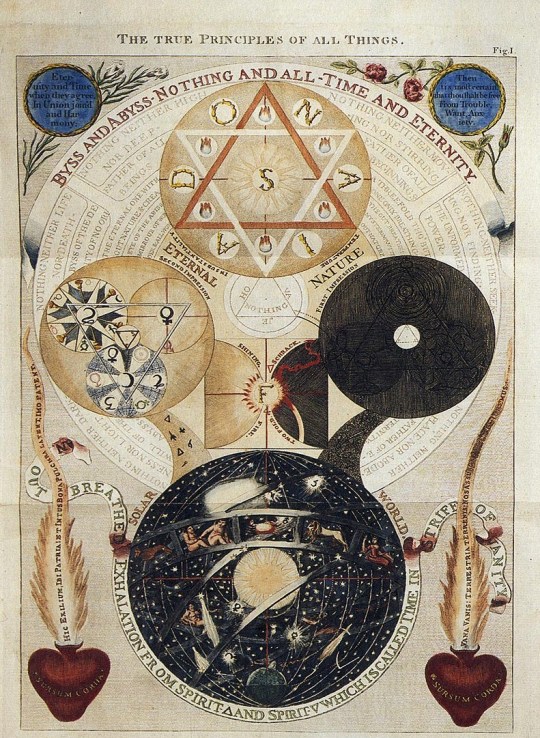
1K notes
·
View notes
Text


“The visible world is a revelation of the inner spiritual world, out of the eternal light and out of eternal darkness.” -Jakob Böhme, 1575-1624.
Astral Seer Talon Abraxas
257 notes
·
View notes
Text



Just Another Mystic Monday
Illustrations for this 1700 collection of writings by Christian mystic, Jacob Böhme, do not disappoint. In addition to the striking, full page eye, we have an otherworldly garden with flowers, a heart nailed to a cross, and a swarm of bees. (But did the librarian need to apply the ownership stamp right there?)
Böhme, Jakob. Der für die einfältigen epitomirte nicht tunckel, sondern klar und deutlich, redende hocherleuchtete Jacob Boehme; oder Seraphinisch Blumen-Gärtlein. Amsterdam [Wetstein?] 1700.
139 notes
·
View notes
Text
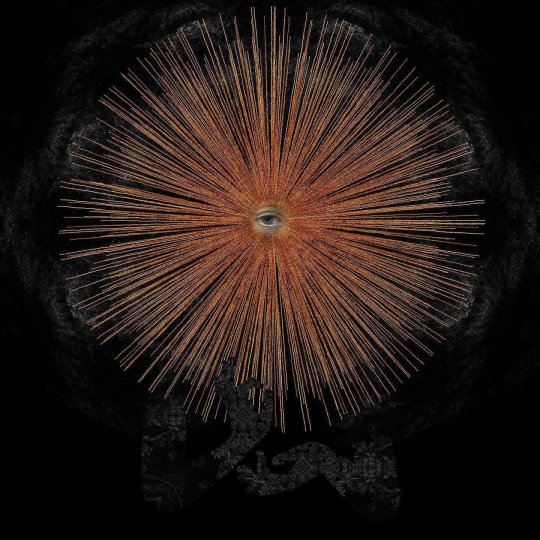
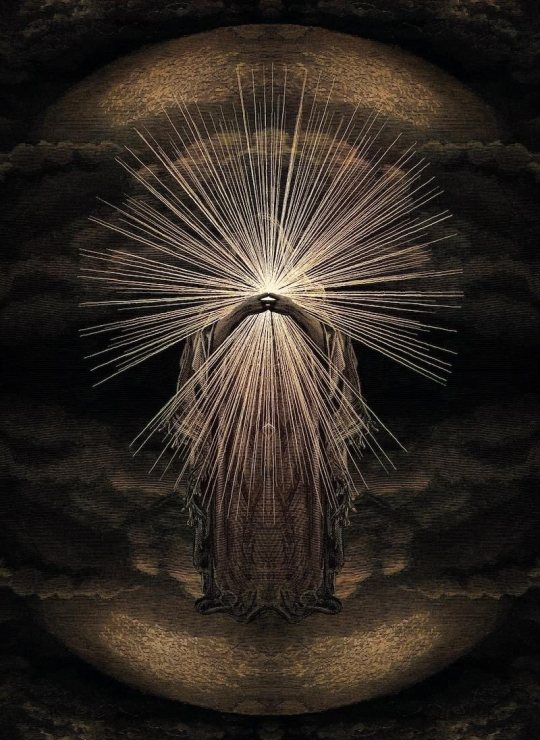
"The ‘mysterium magnum’ is the chaos wherefrom originates good and evil, light and darkness, life and death. It is the foundation or womb wherefrom are issuing souls and angels and all other kinds of beings, and wherein they are contained as in one common cause, comparable to an image that is contained in a piece of wood before the artist has cut it out." (Clavis, vi. 23.)
"The universe with all its beings has been created out of eternal nature, out of the seven spirits of eternal nature." (Threefold Life, iii. 40.) --Jakob Böhme (1575-1624)
‘The Teutonic Theosopher (Clavis, vi. 23.)
Artist: Dan Hillier (1973-2024)
400 notes
·
View notes
Note
what are your thoughts on 17th century German mystic Jakob Böhme
Haven't read too much of him but what I have read has been really fun!
63 notes
·
View notes
Text
«Magic is the mother of eternity, of the being of all beings; for it creates itself, and is understood in desire. It is in itself nothing but a will and this will is the great mystery of all wonders and secrets, but brings itself into imagination or figuration itself by the imagination of the desireful hunger into being. It is the original state of Nature. Its desire makes an imagination, and imagination or figuration is only the will of desire. But desire makes in the will such a being as the will in itself is.»
Jakob Böhme | 1575-1624
#magick#jacob boehme#literature#occult#snake#magic#hermeticism#kabbalah#esoteric#mysticism#mystic#literary#quotes#words#words words words#books and reading#lit#dark academia#dark femininity#philosophy#german philosophy#jakob böhme#dark academia aesthetic#on magic#philosopher#on desire
31 notes
·
View notes
Text
To burn in one’s own fire.
— JAKOB BÖHME ⚜️ Genius of the Transcendent: Mystical Writings of Jakob Boehme, transl. by Michael L. Birkel & Jeff Bach, (2010)
#German#Jakob Böhme#Genius of the Transcendent#Mystical Writings of Jakob Boehme#Michael L. Birkel#Jeff Bach#(2010)
52 notes
·
View notes
Text
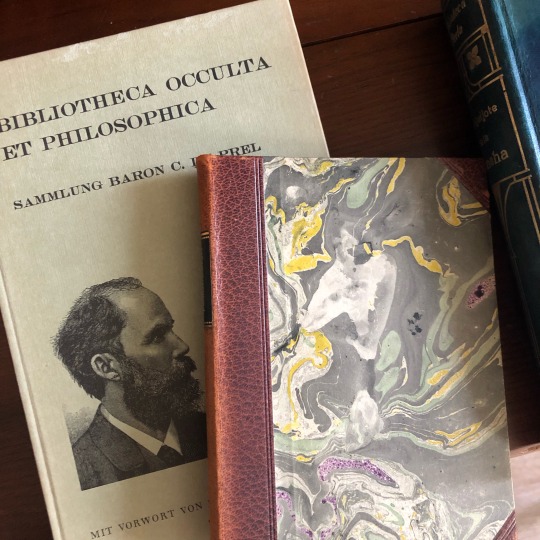
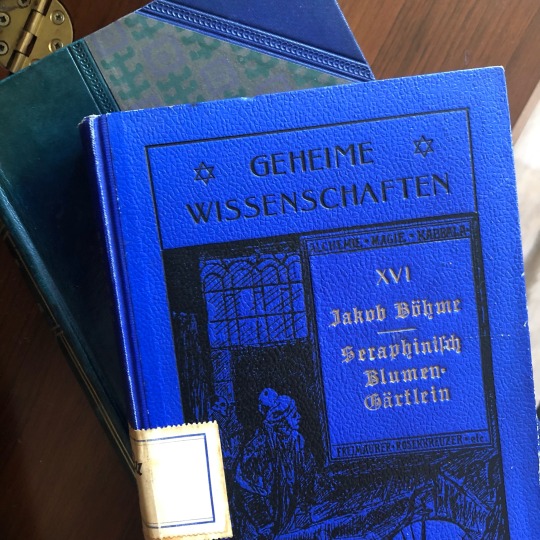
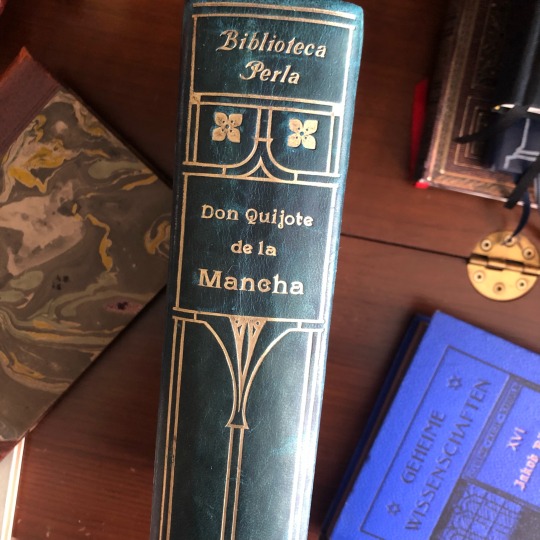
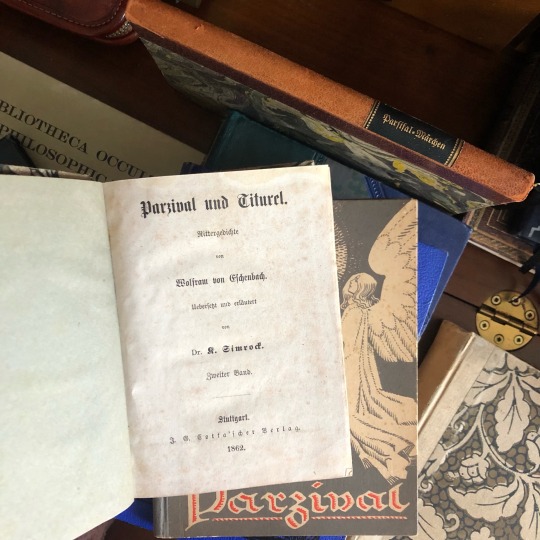
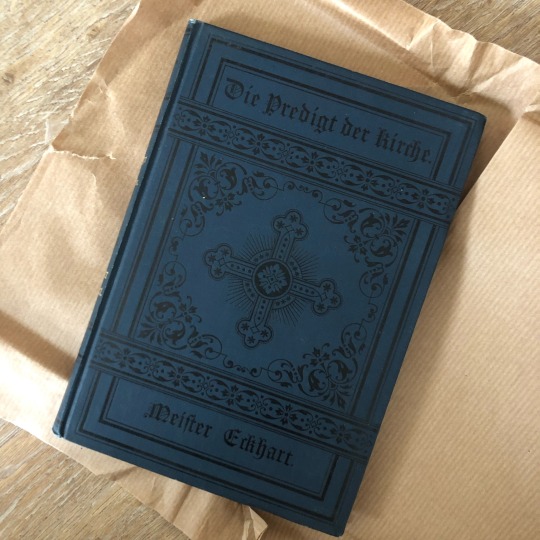
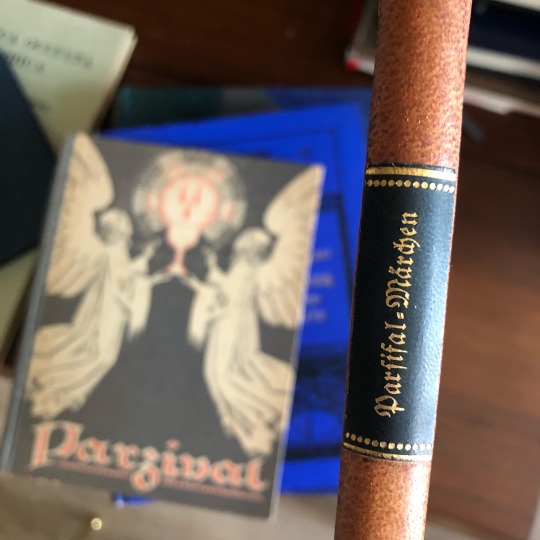
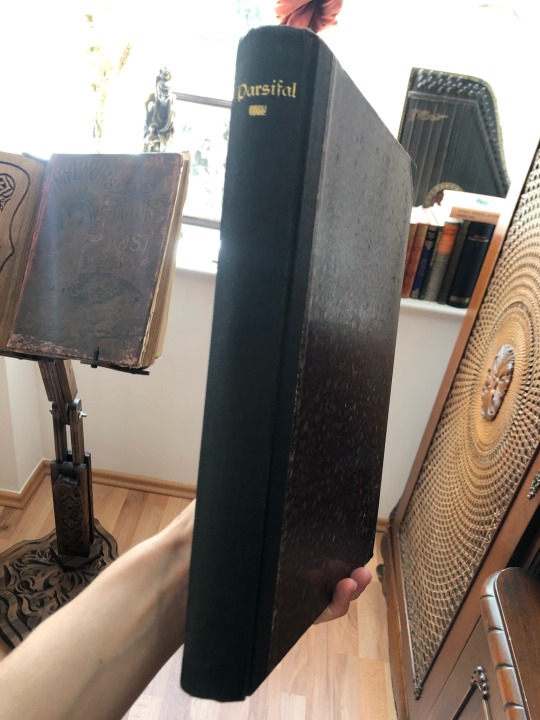
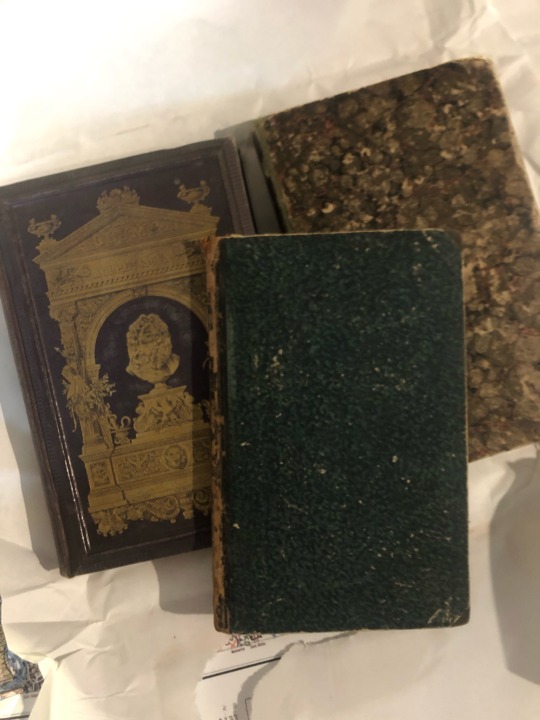
Some of the new old books I’ve got the last months 📖
#literature#book#world literature#antiquarian book#antiquarian#occult#mysticism#Don Quijotte#Parsifal#Meister Eckhart#Jakob Böhme Cervantes#mythology#some books of the last two months I’ve bought 💙
0 notes
Text
Socialism: Utopian and Scientific - Part 3
[ First | Prev | Table of Contents | Next ]
"Materialism is the natural-born son of Great Britain. Already the British schoolman, Duns Scotus, asked, 'whether it was impossible for the matter to think?'
"In order to effect this miracle, he took refuge in God's omnipotence — i.e., he made theology preach materialism. Moreover, he was a nominalist. the first form of materialism, is chiefly found among the English schoolmen. "The real progenitor of English materialism is Bacon. To him, natural philosophy is the only true philosophy, and physics based upon the experience of the senses is the chiefest part of natural philosophy. Anaxagoras and his homoiomeriae, Democritus and his atoms, he often quotes as his authorities. According to him, the senses are infallible and the source of all knowledge. All science is based on experience, and consists in subjecting the data furnished by the senses to a rational method of investigation. Induction, analysis, comparison, observation, experiment, are the principal forms of such a rational method. Among the qualities inherent in matter, motion is the first and foremost, not only in the form of mechanical and mathematical motion, but chiefly in the form of an impulse, a vital spirit, a tension — or a 'qual', to use a term of Jakob Böhme's [2] — of matter.
[2] "Qual" is a philosophical play upon words. Qual literally means torture, a pain which drives to action of some kind; at the same time, the mystic Bohme puts into the German word something of the meaning of the Latin qualitas; his "qual" was the activating principle arising from, and promoting in its turn, the spontaneous development of the thing, relation, or person subject to it, in contradistinction to a pain inflicted from without. [Note by Engels to the English Edition]
"In Bacon, its first creator, materialism still occludes within itself the germs of a many-sided development. On the one hand, matter, surrounded by a sensuous, poetic glamor, seems to attract man's whole entity by winning smiles. On the other, the aphoristically formulated doctrine pullulates with inconsistencies imported from theology. "In its further evolution, materialism becomes one-sided. Hobbes is the man who systematizes Baconian materialism. Knowledge based upon the senses loses its poetic blossom, it passes into the abstract experience of the mathematician; geometry is proclaimed as the queen of sciences. Materialism takes to misanthropy. If it is to overcome its opponent, misanthropic, flashless spiritualism, and that on the latter's own ground, materialism has to chastise its own flesh and turn ascetic. Thus, from a sensual, it passes into an intellectual, entity; but thus, too, it evolves all the consistency, regardless of consequences, characteristic of the intellect. "Hobbes, as Bacon's continuator, argues thus: if all human knowledge is furnished by the senses, then our concepts and ideas are but the phantoms, divested of their sensual forms, of the real world. Philosophy can but give names to these phantoms. One name may be applied to more than one of them. There may even be names of names. It would imply a contradiction if, on the one hand, we maintained that all ideas had their origin in the world of sensation, and, on the other, that a word was more than a word; that, besides the beings known to us by our senses, beings which are one and all individuals, there existed also beings of a general, not individual, nature. An unbodily substance is the same absurdity as an unbodily body. Body, being, substance, are but different terms for the same reality. It is impossible to separate thought from matter that thinks. This matter is the substratum of all changes going on in the world. The word infinite is meaningless, unless it states that our mind is capable of performing an endless process of addition. Only material things being perceptible to us, we cannot know anything about the existence of God. My own existence alone is certain. Every human passion is a mechanical movement, which has a beginning and an end. The objects of impulse are what we call good. Man is subject to the same laws as nature. Power and freedom are identical. "Hobbes had systematized Bacon, without, however, furnishing a proof for Bacon's fundamental principle, the origin of all human knowledge from the world of sensation. It was Locke who, in his Essay on the Human Understanding, supplied this proof. "Hobbes had shattered the theistic prejudices of Baconian materialism; Collins, Dodwell, Coward, Hartley, Priestley, similarly shattered the last theological bars that still hemmed in Locke's sensationalism. At all events, for practical materialists, Deism is but an easy-going way of getting rid of religion."
Karl Marx The Holy Family p. 201 - 204
[ First | Prev | Table of Contents | Next ]
33 notes
·
View notes
Text

The fish lives in the water, the herb in the earth,
The bird in the air, the sun in the firmament,
The salamander must be kept in the fire,
And God's heart is Jakob Böhme's element.
(Angelus Silesius)
Illustration: The Haublin Engraving, 1700, colorized by Adam McLean
5 notes
·
View notes
Text
“The soul, like the moon, is never lost—only shadowed.”
Jakob Böhme, The Way to Christ
4 notes
·
View notes